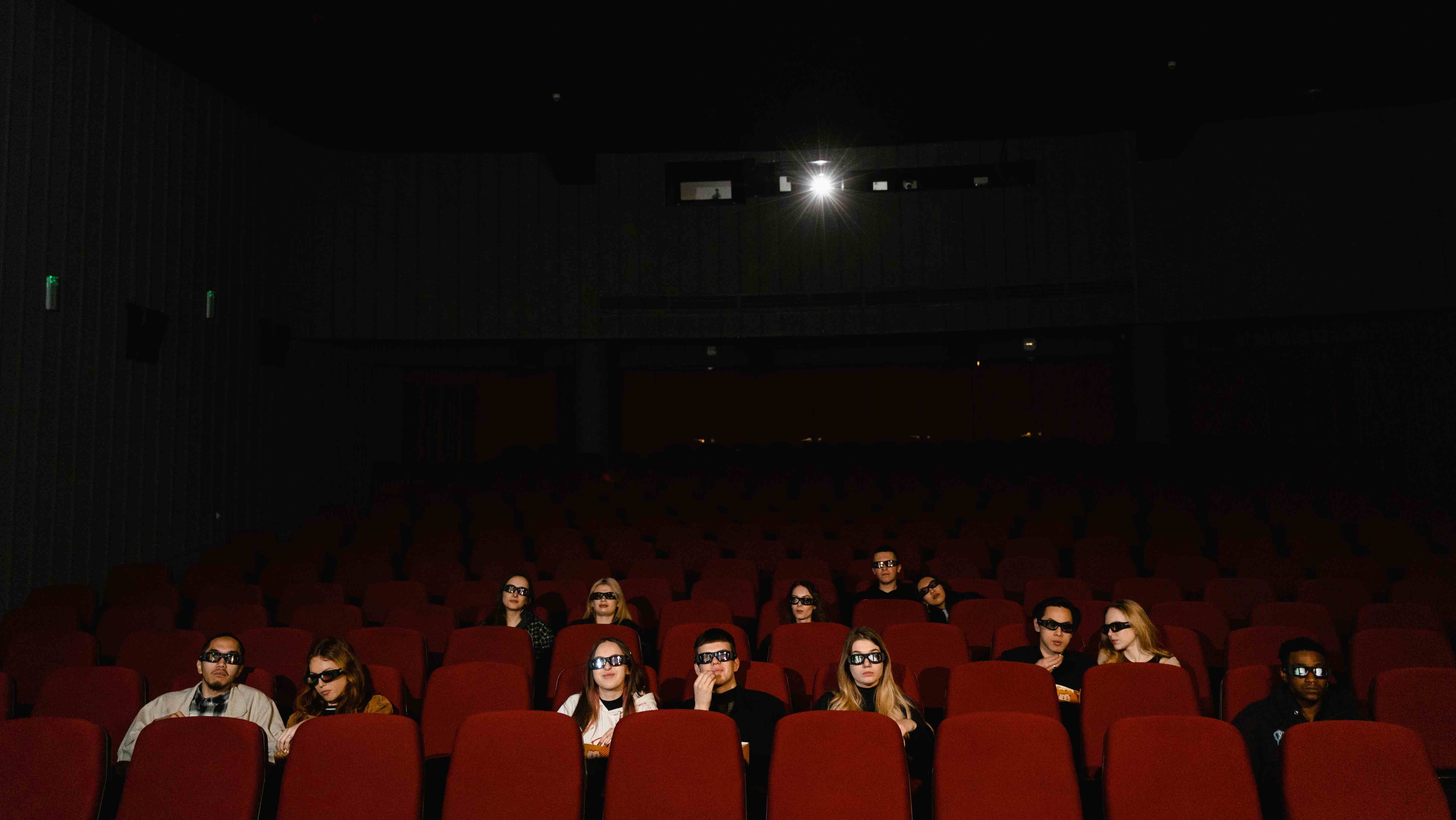Retro Readings: Technology in Crisis

Technology in Crisis/HNRS 301H1-002
Wednesdays, 10:45 a.m.-12:00 p.m., Fall 2024, GEAR 129
Note: No application required. This is a one-credit course. Only register for one hour of credit.
This seminar will guide students through an extensive analysis of one of the most
influential essays of the 20th century, “The Work of Art in the Age of Technological
Reproducibility” (1936) by the German Jewish theorist-philosopher-public intellectual
Walter Benjamin (1892-1940). As movies grew into the primary mode of mainstream entertainment
in the 1930s, many of Benjamin’s contemporaries asked the question ‘Can film be art?’
– to which Benjamin responded by asking ‘How has film changed the very nature of art?’
Composed during Benjamin’s exile in France after having fled Nazi Germany, the ‘work
of art’ essay illuminates the deep connections between fascist propaganda films, Hollywood,
and the global crisis that culminated in WWII and the Holocaust.
By seriously considering the material circumstances of film production and distribution,
Benjamin’s ‘work of art’ essay demonstrates that the technological specificity of
any medium is integral to defining its aesthetic qualities. Since its publication,
Bejamin’s essay has been called forth whenever society has had to reconsider the boundaries
of art in the face of technological advancement, from the golden age of television,
to the digital turn, to our contemporary moment at the dawn of A.I.
Through close readings and discussions, honors students will explore the relevance
of Benjamin’s essay to present day concerns about art, politics, and technology, while
establishing the place of the work within Benjamin’s oeuvre. To that end, the seminar
will explore several of Benjamin’s additional texts on technology—including One Way
Street and Arcades Project—all written in the politically and culturally tumultuous
first half of the 20th century. By the end of the semester, students will be able
to demonstrate the relevance of Benjamin’s media theory for the pressing themes in
digital culture today, just as they will develop an understanding of why Benjamin
spent the final years of his tragically short life composing an essay about the aesthetics
of the cinema.
About Curtis Maughn:
 Curtis Maughn, Director of the World Languages and Digital Humanities Studio, World Languages, Literatures,
& Cultures, Fulbright College or Arts and Sciences. Maughn earned my Ph.D. in German
Studies from Vanderbilt University. His research embodies the meaningful coalescence
of German Studies and emerging digital technologies, as exemplified by a dissertation
on Walter Benjamin’s concept of flânerie in the context of open world gameplay and
game design practices. Maughn's most recent scholarly efforts explore the potential
of videogames in the process of a ludic Vergangenheitsbewältigung (coming to terms
with the past); a project that has produced an initial publication titled “Toward
a Camera Ludica—Agency and Photography in Videogame Ecologies,” forthcoming in Moving
Frames: Photographs in German Cinema (Berghan Books, 2022). Maugh is also interested
in the remediation of German literature in digital media, which has led to a forthcoming
book chapter co-authored with Carrie Collenberg-González (Portland State University)
titled “Screen Memories: Siegfried and the Fall of the Republic in Babylon Berlin”
which appeared in Babylon Berlin (Bloomsbury, 2023).
Curtis Maughn, Director of the World Languages and Digital Humanities Studio, World Languages, Literatures,
& Cultures, Fulbright College or Arts and Sciences. Maughn earned my Ph.D. in German
Studies from Vanderbilt University. His research embodies the meaningful coalescence
of German Studies and emerging digital technologies, as exemplified by a dissertation
on Walter Benjamin’s concept of flânerie in the context of open world gameplay and
game design practices. Maughn's most recent scholarly efforts explore the potential
of videogames in the process of a ludic Vergangenheitsbewältigung (coming to terms
with the past); a project that has produced an initial publication titled “Toward
a Camera Ludica—Agency and Photography in Videogame Ecologies,” forthcoming in Moving
Frames: Photographs in German Cinema (Berghan Books, 2022). Maugh is also interested
in the remediation of German literature in digital media, which has led to a forthcoming
book chapter co-authored with Carrie Collenberg-González (Portland State University)
titled “Screen Memories: Siegfried and the Fall of the Republic in Babylon Berlin”
which appeared in Babylon Berlin (Bloomsbury, 2023).